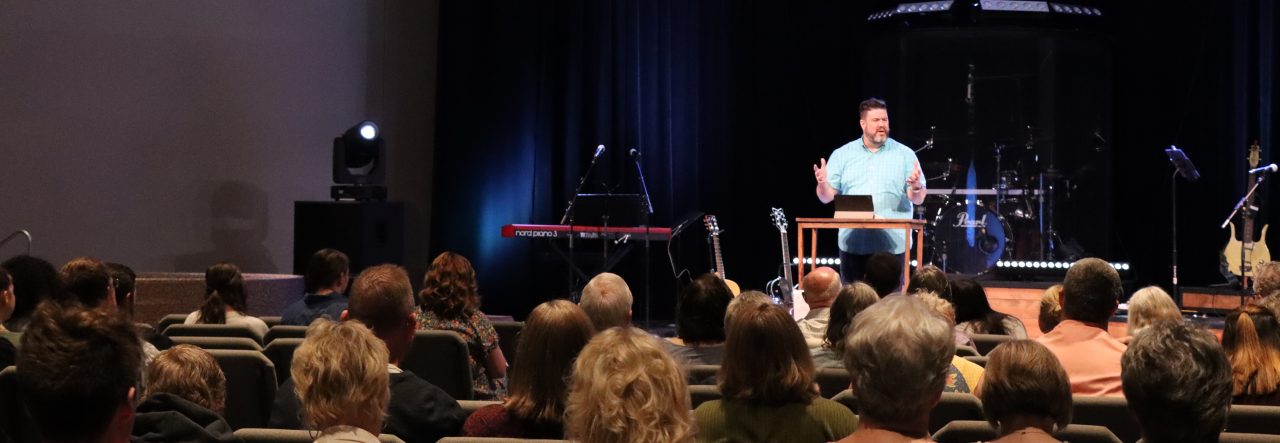On May 1, 2024, the United Methodist Church (UMC) lifted the ban on ordaining gay clergy at their General Conference. While this is not surprising, it is still jarring.
CIL Church believes that active, unrepentant homosexual behavior is contrary to the teaching of the Scriptures. While Christ calls us to love all people, that love should lead people to repent of sin. I feel sorrow that so many in the UMC ignore Scripture or reinterpret such passages that prohibit homosexual behavior.
It is worth noting that about 1/4 of UMC churches already left the denomination over this issue, with “… about 7,600 church congregations disaffiliating from the denomination since 2019 (see article in Christianity Today).”
Since I am not a part of the UMC, I am under no obligation or expectation to comment on this change. However, as a church historian, I must point out this monumental shift in what was the third-largest denomination in America. This decision further illustrates the divide in the American church, as many churches and believers have shifted from what Christians have always believed.
As a pastor, I want to be clear about where our church stands on this issue at this time of shifting, as I did earlier in this article. Our church’s official position is stated on http://www.cil.church under the categories “What We Believe” and “People.” You can access these statements on human sexuality at this link
May the love of Christ continue to draw us to repentance and holiness.







